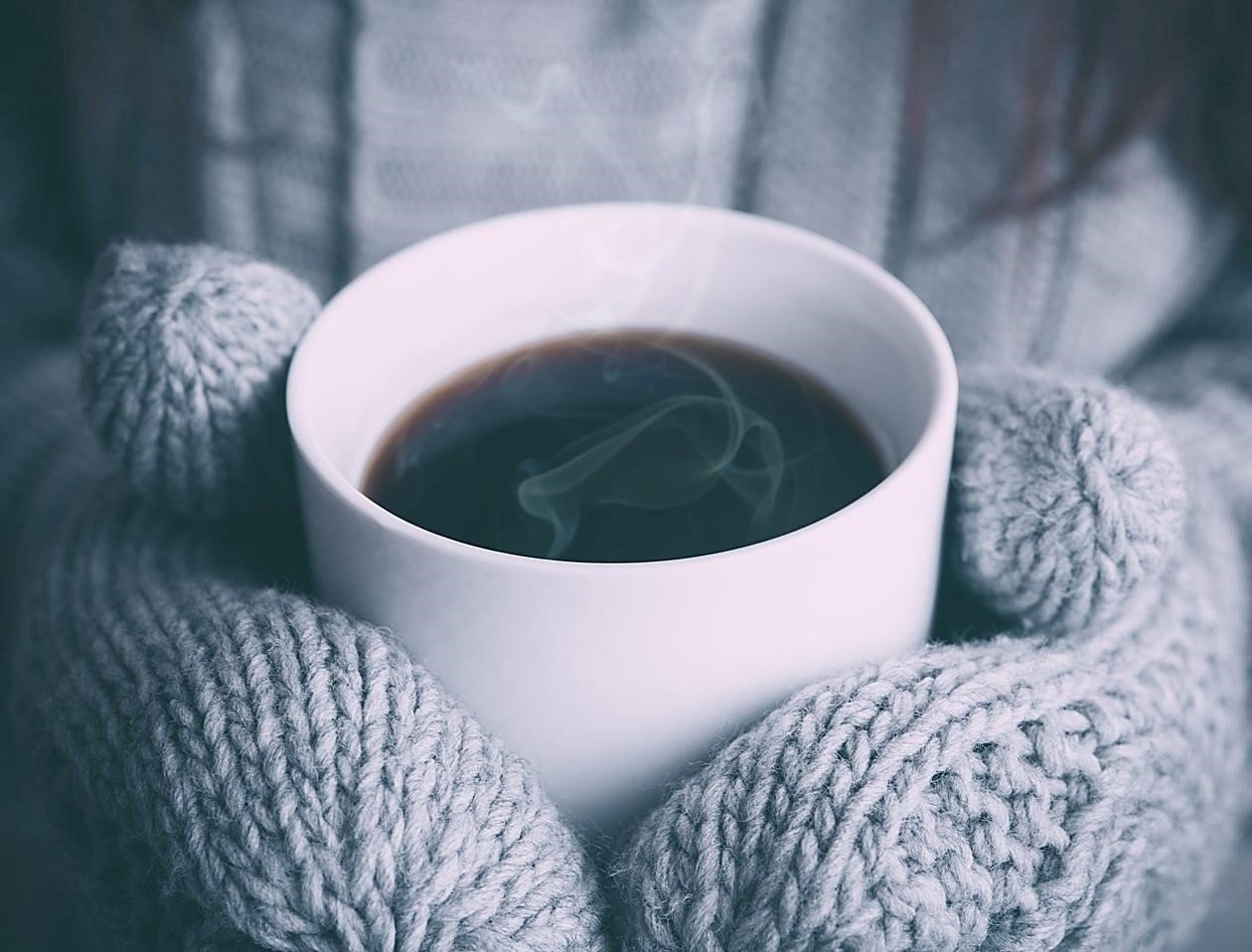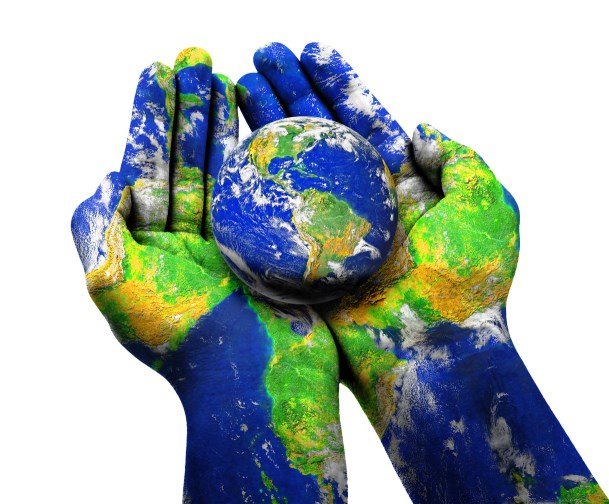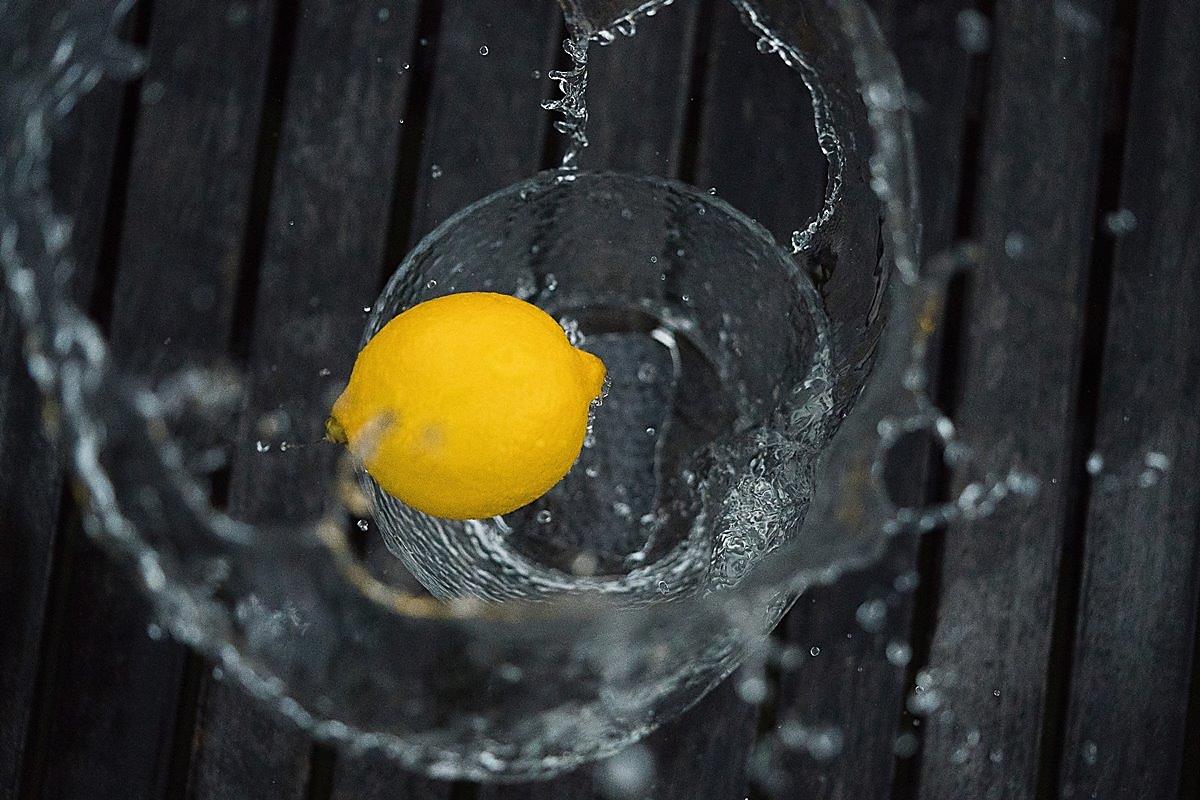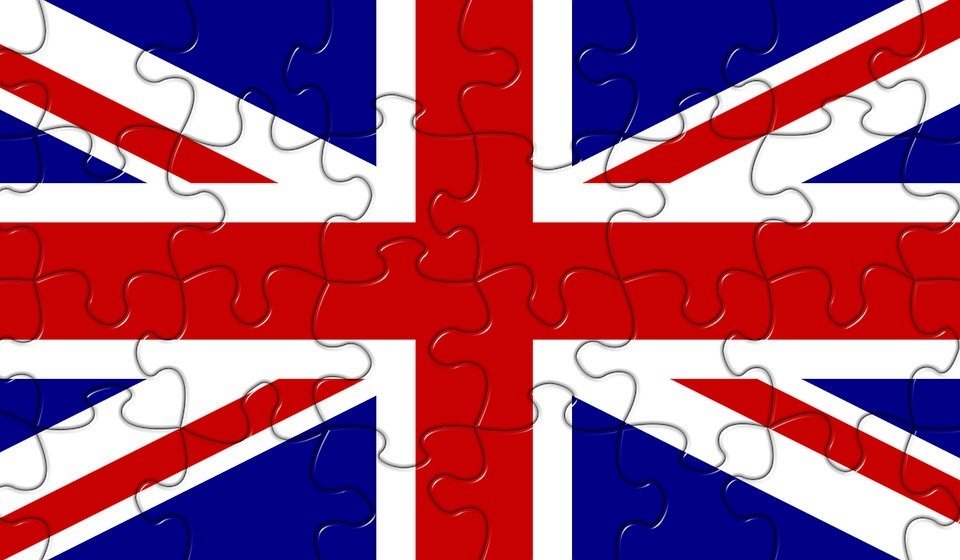
by Fern Shaw | Mar 1, 2020 | instant tap, Water Boilers, Water Coolers
The first one is easy: Not only do AquAid supply a wide range of high quality water coolers, dispensing chilled or ambient drinking water, we also offer a range of hot and cold water dispensers, hot water boilers as well as our stylish, space saving Instant Taps.
What’s even more (heart)warming, is that for every Mains Fed/Plumbed-in water dispenser AquAid install, a portion of that sale is donated to charities that we support. These donations are used to fund life-saving clean water delivery projects for communities in need. A method guaranteed to warm you up as you sip your hot drink.
Bake something. We may not all qualify as contestants for events such as The Great British Bake Off, but that doesn’t matter – baking is a guaranteed method to warm your environment – also eating hot food raises your body temperature somewhat.
Wear a hat. Although it’s been disproved, we can’t negate the fact that covering your head while outside certainly feels warmer than leaving your extremities bare. In addition, some hats look great – you never know – you could start a trend. Note: Fascinators don’t count.
Exercise. Sure-footed and steady wins the race! Or at least keeps you mobile while you negotiate ice and slush covered pavements. Although higher impact, cardio-vascular exercise is a great health benefit, it is sometimes better to take exercise that produces a slow burn – it may make for a longer lasting raised core temperature, which will keep you warm and toasty as you move between in and outdoors.

by Fern Shaw | Feb 12, 2020 | water cooler, Water Coolers
There’s no doubt the day can instil an equal amount of horror and dread in many, so for Valentine’s this year, we have come up with an (almost) fool-proof plan that will not only be kind to your pocket but will also make your intended view you in a more rosy coloured light.
What is this trickery you may well ask? What cunning plan is percolating at AquAid?
As with most successful concepts, the trick(ery) is in the simplicity. So, without further ado we present our ‘How to (almost) guarantee a good reaction from your intended romantic target’:
Drink water more.
Before you leave the page in disbelief, allow us to elaborate:
Your skin is an organ. As with all your body’s organs, in order to function at its best, your skin requires water.
Reduce puffiness. Our skin will swell most often because of water retention, usually due to dehydration, where the body retains water to protect itself. Unless you’re aiming for the sympathy vote, puffy does not equate to attractive.
Dry, itchy, flaky skin can indicate a lack of hydration. It’s always good practise to keep our skin washed and clean, but without feeding our skin internally by drinking enough water, it is unlikely that the skin’s appearance will improve.
Reduces sagging skin and wrinkles. Drinking more water helps tighten your skin, as it provides more elasticity and the ability to bounce back from sagging.
Conclusion: when you hydrate properly, your skin plumps up and becomes smoother and brighter.
The final bonus to this amazing plan is how easy it is to action, especially if you have an AquAid Water Cooler installed at your work place.
Include a visit to your water cooler station when you are taking that much needed break.
Replenish your drinking water often.
If straight H2O is a little too much to contemplate, not to worry – your AquAid hot water dispenser will keep you filled to the brim with whatever hot water drink you might fancy.
In addition, in no time at all, you will be smooth skinned, clear-eyed and bursting with good energy – just in time for your intended to take note of how truly gorgeous you are!

by Fern Shaw | Jan 22, 2020 | aquaid, Christian Aid, Uncategorized, water cooler, Water Coolers
Corporate Social Responsibility demonstrates the ‘heart’ of your organisation. It involves understanding your impact on communities and the environment and taking responsibility in meeting or even exceeding the ethical, legal, commercial and public expectations that society has of your business.
AquAid as a company are committed to acting responsibly and most importantly motivating others to make a difference. Sharing the responsibility in the world in which we all operate should be an integral part of your working day. We believe that making a difference is complementary to a commercial success.
An important part of AquAid’s mission is to provide sustainable solutions to poverty and aid in emergency relief where needed. We are able to achieve this via our partnerships with both the AquAid founded Africa Trust as well as through our now 22 year partnership with Christian Aid – and so can you!
By using AquAid as your water cooler supplier you help to bring a positive change and upliftment to many of the world’s neediest families. You will be sharing in the responsibility we have taken on in bringing safe, fresh disease-free water to thousands of communities in need globally, with our focus being across Africa.
When you choose AquAid you will not only be getting a good quality product with an unrivalled service, you will playing an integral part in bringing hope where it is needed most and aid in breaking the cycle of poverty.
AquAid’s Founder, Paul Searle, explains,“The sign of a great partnership is where business, charity and community all work together.”
By involving your employees in this partnership you will not only be inspiring them but also offering a sense of belonging in your organisation. You will be providing your staff with not only a healthy working environment but creating a sense of employee satisfaction and loyalty. Working next to each other creates responsibility and you will be actively developing a policy that promotes a positive and sustainable social contribution. Your CSR decisions will also give your organisation a competitive edge and enhance your credibility.
The simple choice of your water cooler can go a very long way in aiding your company’s Corporate Social Responsibility. By simply switching to AquAid you will be doing your part in changing lives forever.
To date, with the help of our partners, AquAid have donated in excess of £15,000,000 benefitting many thousands of families and communities throughout Africa.

by Fern Shaw | Nov 13, 2019 | Water Boilers, Water Coolers
No, we are not referring to a dud car parked at the water cooler; we are referring to the lemon: the wonder fruit.
Lemons are mostly attributed as being a good source of vitamin C, (which they are) but that isn’t all they contain.
According to the USDA National Nutrient Database lemons contain everything from vitamin B6, vitamin A, vitamin E, folate, niacin, thiamine, riboflavin, and pantothenic acid to minerals like calcium, copper, iron, magnesium and phosphorus. They also contain more potassium than do apples or grapes.
As we head into the shivery months, we look at the myriad health boosts, easily achievable through simply drinking a glass of warm lemon water every day (mornings are usually best):
Aids digestion*
Lemon juice encourages the liver to produce bile, which is an acid that is required for digestion. That’s important when you consider that a study showed that over 30% of men and women over age 60 had atrophic gastritis, a condition marked by little or no stomach acid. Drinking warm lemon water every morning can help kick-start your digestive system without overloading it.
Good for your brain*
They’re high in potassium, which research shows stimulates brain and nerve function. Just one lemon contains 80 milligrams of this essential mineral – which is also important for basic cell and muscle functions and maintaining your body’s fluid balance.
Boosts your immune system*
Lemons are high in Vitamin C, which is great for fighting colds. Not an old wives’ tale then – as Vitamin C has been shown to increase the production of white blood cells. White blood cells are the defender cells that attack bacteria and viruses. Vitamin C may also keep existing immune cells healthier and better able to produce enough of the kind of antibodies that attach to viruses and bacteria to mark them for destruction.
It clears skin*
The vitamin C in warm lemon water helps decrease wrinkles and blemishes. Lemon water purges toxins from the blood, which helps keep skin clear as well. In addition to drinking it, lemon water can actually be applied directly to scars to help reduce their appearance.
There are tons more benefits which will be detailed in upcoming blog – consider this your starter pack on your pathway to healthy hydration.
If you’re concerned about forgetting your daily power packed warm glass of Vitamin C every day, (you head into the kitchen, switch the kettle on, wander back to your workstation, and promptly forget you switched the kettle on), fear not, AquAid has the perfect solution. We supply a range of hot and cold water coolers and water boilers that keep your lemon water base at the perfect temperature throughout the day. Pour yourself a glass, squeeze in your lemon juice and you are set. Lemon up!
*Extracts from an article at La Jolla Mom

by Fern Shaw | Oct 15, 2019 | aquaid aberdeen, aquaid south west, water cooler, Water Coolers
A broad, sweeping headline for sure. Could encompass many, many things. Let’s narrow it down a little.
Things we don’t know:
- How long a piece of string is.
- How it is that the judges of The Great British Bake Off failed to keep Helena on.
- Why we can’t touch our elbows with our tongues. (Apparently this has been debunked; we don’t really want to know though).
- Why new scissors are behind impenetrable hard plastic packaging.
Things we do know:
- AquAid Water Coolers have been delivering exceptional service to now more than 34,000 customers since we began operations over 20 years ago.
- Our customers range (geographically) from Aberdeen down to Torquay and everywhere in between and;
- (Size wise) from single occupant premises to hundreds of thirst-quenched occupants at multiple premises and;
- (Longevity) here today, gone tomorrow type establishments: events; festivals; markets – to customers who have been with us since year dot.
Now you know (and don’t know) too. Feel better? We do hope so. We certainly do!
Working with the knows and needing a water cooler solution for your premises, why not contact us at AquAid today? We’ll be delighted to assist.

by Fern Shaw | Oct 11, 2019 | aquaid, Water Coolers
There’s no disputing that we Britons don’t drink enough water. According to various surveys and research, just 1 in 10 of us consumes enough water to qualify for being adequately hydrated.
This is a cause for concern, as maintaining even the minimum levels of hydration is vital to our ability to function, albeit not even close to optimal levels.
Just as important, seeing as 10 October is #WorldMentalHealthDay, our brain needs water most of all. Our brains are our command centres: how we think, act, take action or perform any task all stems from the signals we receive from our brain.
That’s why maintaining a decent level of hydration is crucial.
How dehydration affects the brain
While mild dehydration is loss of 1.5 percent of a body’s normal water volume, a level of hydration just one percent below optimal can affect our cognitive ability, affect our moods and make it more difficult to concentrate.
It alters how we think and feel by slowing circulation. This lowers blood flow, which means less oxygen travelling to all parts of the body, including the brain.
As dehydration worsens, cognitive function is further impaired, leading to delirium. Severe dehydration can cause unconsciousness and even coma.
How good hydration helps
Drinking enough water keeps our brain from having to struggle against the effects of dehydration, allowing us to think more clearly, giving us the ability to function better overall.
Drinking water regularly throughout the day is an easy, effective step to take in our efforts to be as mentally healthy as possible, bearing in mind that staying hydrated by drinking enough water is but one aspect of good physical, emotional, and mental health.
Here at AquAid Water Coolers, we take hydration seriously. At every turn, and every season, we encourage Britons to drink water more. If you would like to ensure that you have access to refreshing drinking water wherever you are in the UK, contact us at AquAid – with over 20 years’ experience in the provision of high quality water dispensers, we are well equipped with being able to provide you with the perfect drinking water solution.






